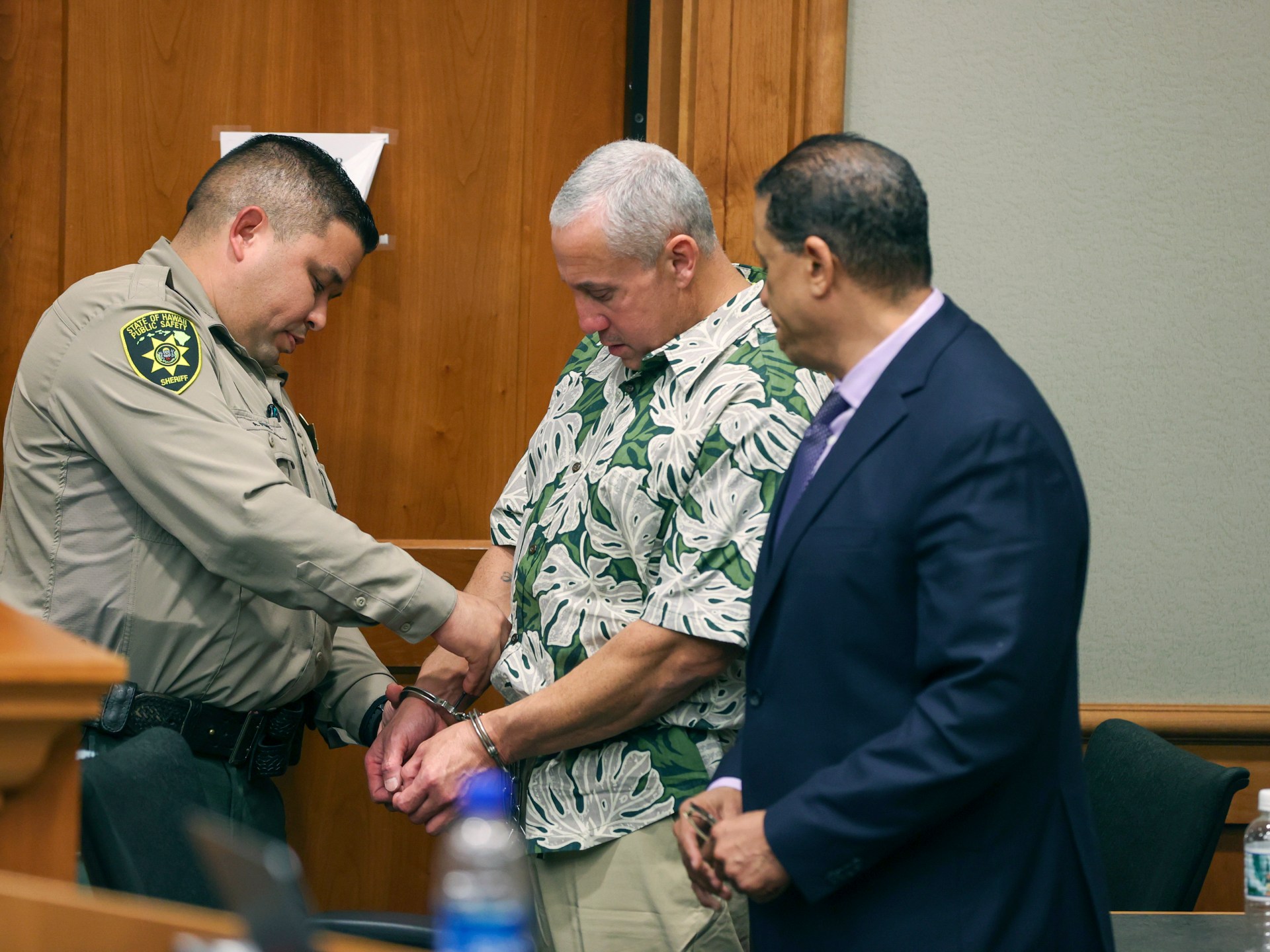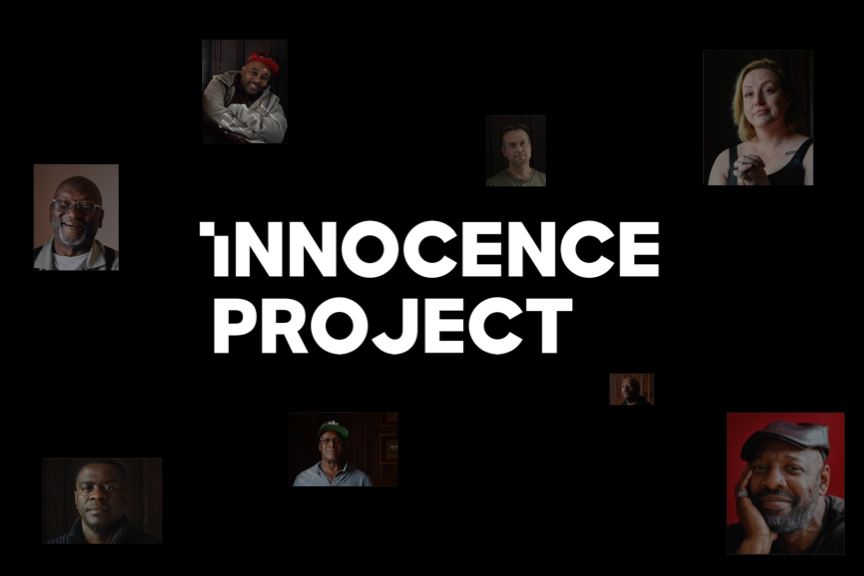- The Rembis Report and Other Fascinating Topics
- Posts
- The Rembis Report and Other Fascinating Topics - Volume LXXXVIII
The Rembis Report and Other Fascinating Topics - Volume LXXXVIII
This must be worth repeating

I keep starting this over from the beginning because I feel like I wrote it before, so I am getting a strong sense of déjà vu. But I can’t find the essay anywhere. I never published it. I know I researched this before. I studied this, but maybe I just thought I wrote it. I wanted to refer to the notes I already made on this topic, but I can’t find them. Maybe I never wrote anything down and just thought about writing instead, committing a lot of the subject to memory, waiting for just the right time to let it steep in my creative mug before splashing it out for the world to read. Maybe it was in the form of a long letter to an editor someplace. That could have been it. Anyway, here goes.
Right after some shameful self promotion and thanks.
It was only a year ago that I started writing my newsletter again. After a self-imposed hiatus of 13 years, I felt like I wanted to get back into it, so I did, and I committed to writing again for two years. Here we are, 52 weeks later, right on schedule with a new report every week. How about that? Many of you have been there from the start of the original journey, you carry along through this one, and so many more have joined in along the way, I want to thank you all right now for sticking with the Rembis Report and reading every week. It is greatly appreciated.
Now, back to the news.
Time flies when you’re having fun, the old saying goes. It is natural to look at time in increments that we relate to. Minutes. Seconds. Hours. Decades. Two decades. What about three? How about four? Some of you have known me for fifty years or more. Could you imagine spending all that time in one place with no escape? I can’t.
Many years can go by quicker than you think or feel like a lifetime. It all depends on your perspective. Twenty years ago I had a great job selling yellow pages advertising, I was writing my first screenplays, doing scene work with my acting friends, performing in short films and as an extra in features like Ocean’s Eleven and The Punisher.
But some guys didn’t have it as good as I did. About the same time I was doing all that great stuff, the Rabbani brothers were picked up by U.S. military forces in Pakistan and hauled off to Guantanamo Bay prison, where they spent the next 21 years. That twenty-one years which went by so quickly for me is a lifetime for these guys. Nearly half their lives, anyway.
They are finally free and undoubtedly missed out on a lot. What disturbs me most about this is what galls many others. They sat in prison for 21 years and were never charged with a crime. They say the CIA tortured them before they were sent to Cuba. That is not cool behavior and is no way to treat anyone, but it did not stop there. They were locked up to languish as nearly nonexistent entities. They were told to sit and wait. So they waited and waited and waited and waited and waited and waited and waited some more. Nobody ever got any useful information from them because they knew nothing useful. But they stayed locked up for nothing. Whatever physical torture they endured at the outset was just the start of their nightmare. I am sure it must be devastating to be trapped, unheard, not believed, not knowing why you are trapped or knowing who will finally help you escape, if it is at all possible. Worst of all must be not knowing if it will ever end.
This may be one of those cases where people like to comment by saying “No words.” That doesn’t accomplish anything and saying nothing is hardly worth doing so, but it is really tough to come up with anything to say about this. The flaw in judgement on the part of those in charge of detainment demands examination.
The Guantanamo Bay detention camp is a mess of bureaucracy shrouded in secrecy and security where tiny bits of information about it are all that anybody ever gets. The Rabbani brothers were not the only ones with extended stays for no reason. Since 2002 it has held over 800 prisoners (all male) and today 41 are still there, most of whom have never been charged with a crime.
What can you do about it? Not a thing. It is out of your control.
Wow, Mike, that’s awful. Can we stop stuff like this before it starts?
I don’t know about that. Doing 21 years in lockup for doing nothing other than looking suspicious at some point is pretty bad. But take a look at some of these other guys. Once in a while the court system does not serve justice exactly as intended. People do get locked up for stuff they didn’t do and it takes years for them to prove they were telling the truth.
Most of the time it is for rape or murder as the result of a mistaken identity combined with the word of a jailhouse snitch who will say anything for some break for whatever they did to target somebody who had nothing to do with the crime. It happens.
Guantanamo Bay is a bizarre place created through exceptional circumstances and carries on its mission for a myriad of reasons, but like I said, there is little, if anything, anyone can do about it.
What makes it harder for the innocents behind bars who are not in Guantanamo is the fact that they have been convicted of crimes they did not commit. Somebody else really did it and they got the wrong guy. Prisoners have been saying this for as long as there have been prisoners, but without compelling evidence to the contrary, competent legal representation, compounded by prejudiced juries and narrow minded prosecutors, innocents end up spending decades in jail. Especially when nobody will look at or test the DNA evidence that would exonerate them. Many times it gets buried, or lost.
Here is a guy who spent 25 years in prison for something he did not do.
Here is another guy who spent 38 years in prison after being wrongly convicted.
Through the help of volunteers the Innocence Project helps to exonerate those who should not have been incarcerated.
These are just a couple examples. The stories of punishment gone awry don’t seem to end once you start looking into it. The arduous process of justice for the victims of crime paired with justice for the wrongfully accused and convicted demands tons of work from dedicated volunteers in the legal system.
But this is not something you can stop before it starts, and unless you are the jailer, there is no way to stop stuff like what happened to so many Guantanamo detainees from happening. So, while I do not like it, I offer no solution for this.
There is an argument for prison. Prisons help society cope with criminal behavior. It is the end of the line, the solution, for those who would do harm to their fellow citizens. Every society on Earth has their own justice system and there are no countries without jails. Even The Netherlands have jails, but they no longer use them for natives of their own country, they import prisoners from Norway, just to keep the guards employed. The Dutch criminal reform system has proved successful by deterring crimes with fines and community service. If anybody there kills someone, I am not sure what the fine is for that.
But in the United States, we are number two. We had more prisons and incarcerated citizens than any other nation on the planet until China took the top spot.
Now we have an issue with overcrowding. Do we really need everyone in prison to stay there? This issue is hotly debated. On the surface, when we see crime happen, and we know who did it, yes, we want them dealt with. We want them punished, put away, committed to a cell where they will never see daylight or hurt anyone else. We want them executed. Maybe not every single shoplifter needs to spend years behind bars, but the really bad folks do. That is the general consensus.
Then, just below the surface, you have the moral issues behind incarceration, which come to us as questions. How much is too much? Is the death penalty cruel and unusual? Is solitary confinement appropriate? Is it of value to keep alive the criminally insane?
These are all valid issues which only a collective moral compass can navigate. That is our legal system. They work with what they have, and sometimes there are no good answers. Sometimes a lot of people agree on a guilty verdict and the punishment that goes along with it, and sometimes, that verdict will be appealed. It will bring many more people into court and stretch a case out for years to prove innocence, even if it is impossible to prove.
Take a look at Alex Murdaugh.
He did it. That is pretty clear. But he will appeal. He has two life sentences, so that gives him plenty of time to get his ducks in a row and prove everyone wrong. If he can.
Think about this for a second, though. Two life sentences. Do we keep him in a cell until he dies, and then, keep his body in that same cell after he dies for the same amount of time he once lived? No. That would be ridiculous. When he dies, he gets buried or cremated. The point of two life sentences is so that if he were to get one sentence overturned, he would still be convicted of the other one, and still in prison. So society will be safe.
That is how we are supposed to feel. That criminals behind bars can’t hurt us. But the fact is, most of them would not. Lots of prisoners change. They find comfort through religion and sincerely turn to God. They learn a trade or school themselves and earn degrees. They reform instead of reoffend.
Sure, some will reoffend once they get out. No doubt about that. They could be just as dangerous as first offenders who may or may not get caught for whatever they do. There are tons of unsolved crimes that people get away with and will never be punished for. Just sayin’, think whatever you want that will make you feel safe.
There are over a million people in prison in the United States.
Do they all belong there? No. Some are the wrongly accused, fighting for their freedom. Some have reformed and are not dangerous, or never were, serving time for a joint or a forged check. Some are so old that dementia is creeping in and they don’t even know where they are anymore.
But the new guys, like Alex Murdaugh, who just killed his wife and adult child, and lied about it, we need to keep them on ice for a while, just till they cool off. So we fill prisons with people we can’t use in society. Prisons are storage units for humans that nobody needs. But how long do we really need to keep people locked up?
One study says that prisons are so crowded that Mass Incarceration Contributes to Climate Change. I swear I wrote another essay on this. Maybe it was completed on a parallel timeline in another universe. I don’t feel like I am repeating myself, but refining my ideas, so stay with me now. I am going to use Alex Murdaugh as the example here because he happens to be the prisoner of the week.
We know that U.S. prisons are terribly crowded and no fun. Well, they are not meant to be fun, so mission accomplished on that front. So ask yourself, with prisons as crowded as they are, do we need to keep Alex Murdaugh alive for anything? Does his presence add anything to the fabric of society? When he dies will the world suffer a loss? He will stay alive long enough to die in prison if his appeals fail and he will not be executed by the state because that was not the sentence.
When Arkansas Governor Sarah Sanders said her state needs more prisons, she was met with backlash by prison reform groups. We do need prison reform on a massive scale. There are just too many people incarcerated, paid for by who? Taxpayers, not massive corporations or wealthy donors. You and me, we pay for prisons. While I am all for taking a bite out of crime, and don’t mind paying for it, I also think we need better ways to reduce the inmate population.
As brutal as this may be, it is fair to ask the hard questions. When does a person no longer become a harm to others? Long term incarceration can devastate mental capacity. At some point they are no longer a danger, but the loss of freedom is a torture unto itself, is it not? Would it not be more humane to kill prisoners with life sentences instead of making them suffer a long pointless existence?
I recall a movie, I forget which one (Escape From New York?), where prisoners are being sent to a penal colony and given the option as they board the transport, to go to prison, or to take a lethal injection right there and die, their choice. The protagonist decided to take his chances in jail. One way to reduce prison populations, when there is no chance of parole, is this fantastic option. Some inmates would choose this in lieu of a long debilitating time behind bars.
Maybe instead of sentencing prisoners to life terms, what about imposing sentences of death by age _______. Pick a number legislators. Or, if an inmate is still in prison after, say 50 years, they are executed. Sweet release.
Wow, talk about inhumane!
But isn’t it already? Saying that you are going to die here, there is no way you are getting out, unless you escape, and successfully do so and change your name and identity and never get caught. Would an expiration date on a prison sentence be so bad? It should be more like life or age _______, whichever comes first, with the option for assisted humane suicide at any time. This way, inmates can decide what is right for them. When they have said all of their goodbyes, when they have had enough of life behind bars, when they are content not to see another day. Whether or not it is humane is debatable.
Approximately 4% of all prisoners are over 65 years old. I calculated taking out the top 1% of the prison population, the oldest prisoners, and if we did so today. Not necessarily killing them, but releasing them back to society. The U.S. prison population was 1,204,300 at yearend 2021. If we released the oldest prisoners in the top 1% today, approximately 12,000 people would be freed.
If this were done annually, as a matter of principal, it would alleviate the stresses of the prison system and provide something, some hope for anyone who is innocent, but can’t prove it. That is what this is about, more than anything else. It is to give hope to the hopeless.
Will we release murderers and molesters and thieves and arsonists? Yes, it would happen. Would they be too old to be dangerous? Probably, let’s hope so. They may be losing agility and mental faculties. Would they get hurt by somebody else carrying out a vendetta? Maybe, but, that’s also the cost of being a pariah. It sets an example for anyone thinking about committing a crime. If you don’t get away with it, languish in prison until you are feeble and old, and then somebody whose life you ruined waits for years for you to get out, hell or high water, consequences be damned, then watch your back. If the prison system didn’t kill you and you fail to take advantage of the get out of jail (in a box) free option, well, you’re on your own.
Thanks for reading.
If you are new to the Rembis Report and would like to read any of the previous issues, PLEASE CLICK HERE to access the archives. To read it from the beginning, PLEASE GET A COPY of The Rembis Report: An Observation.





